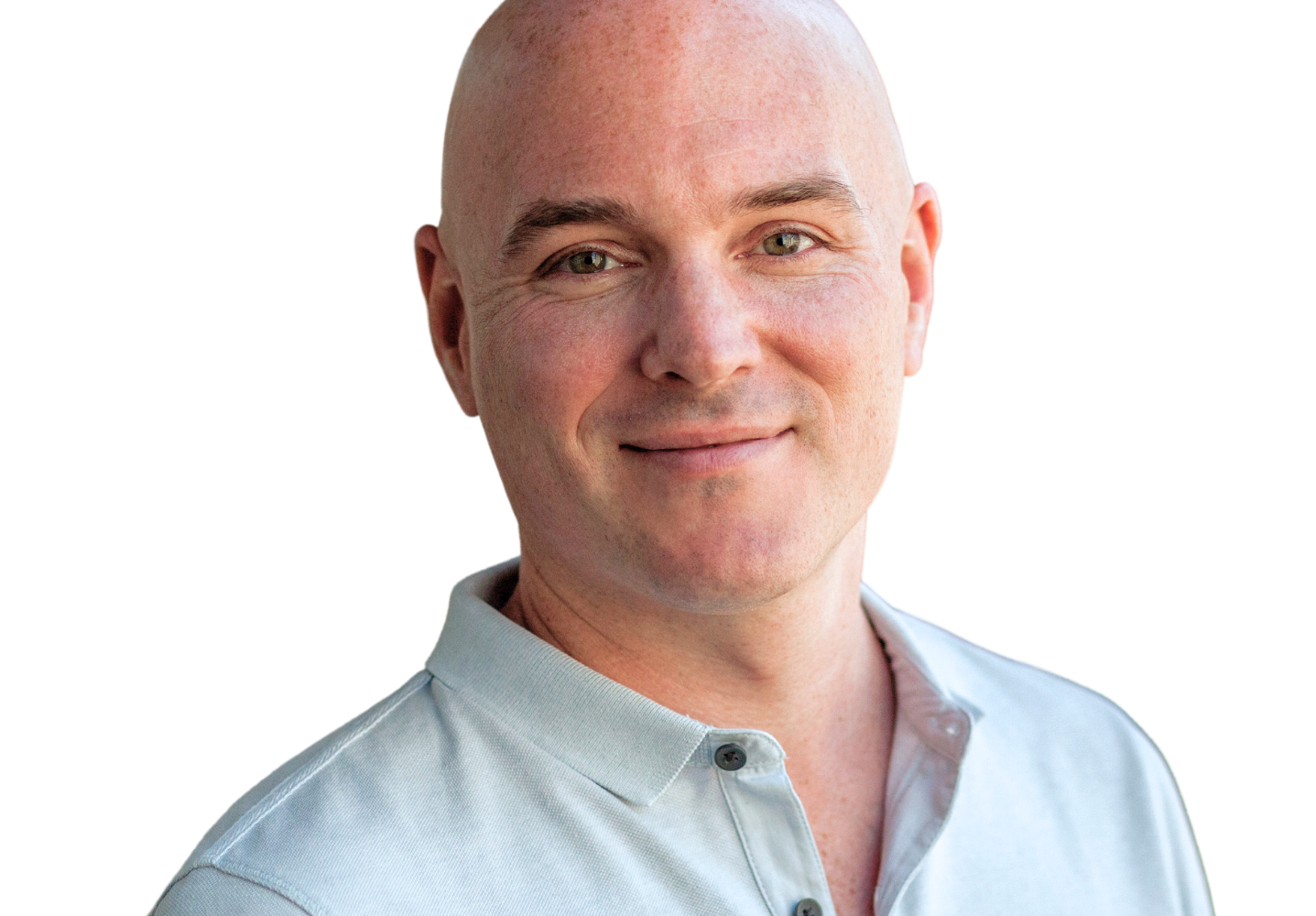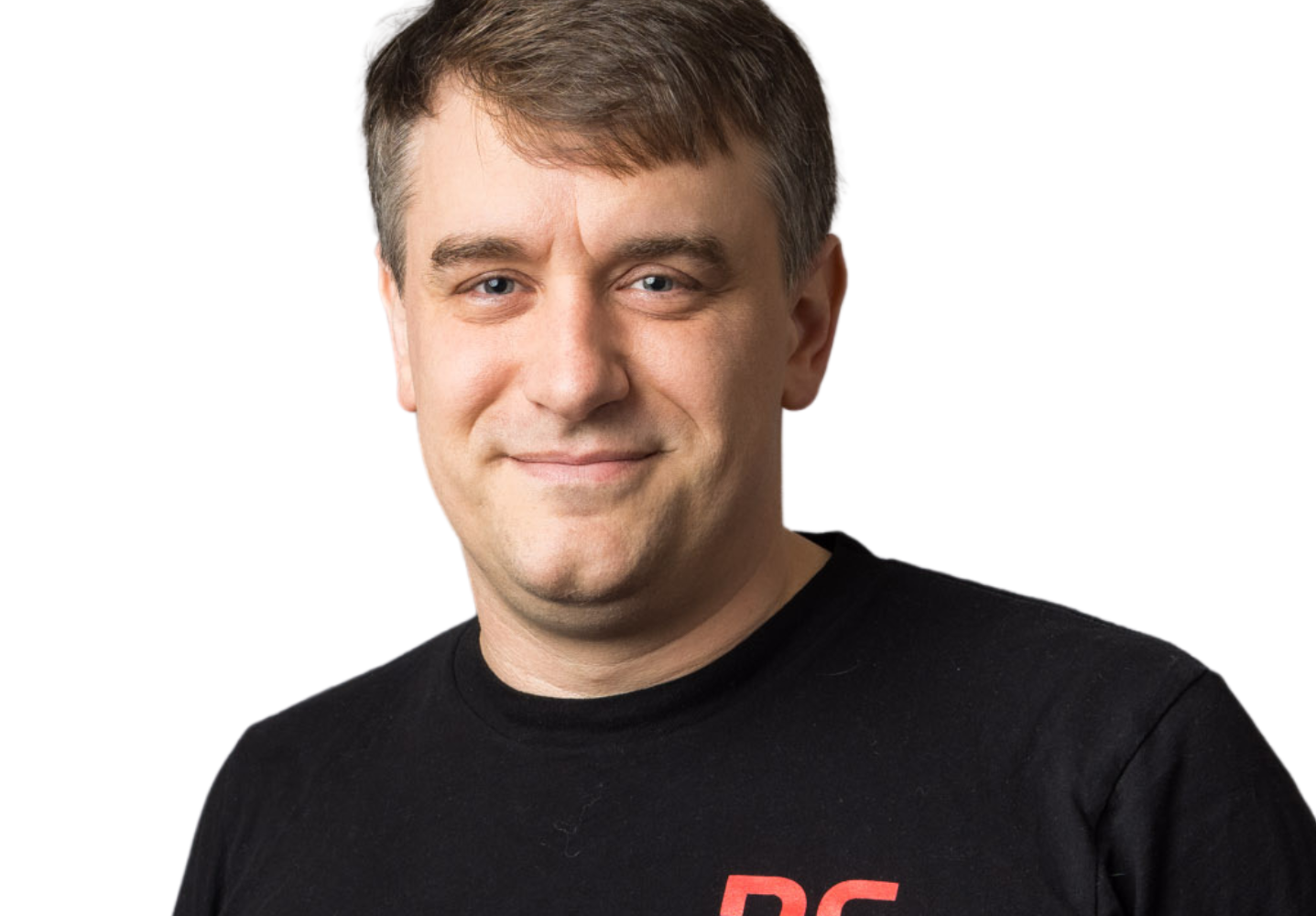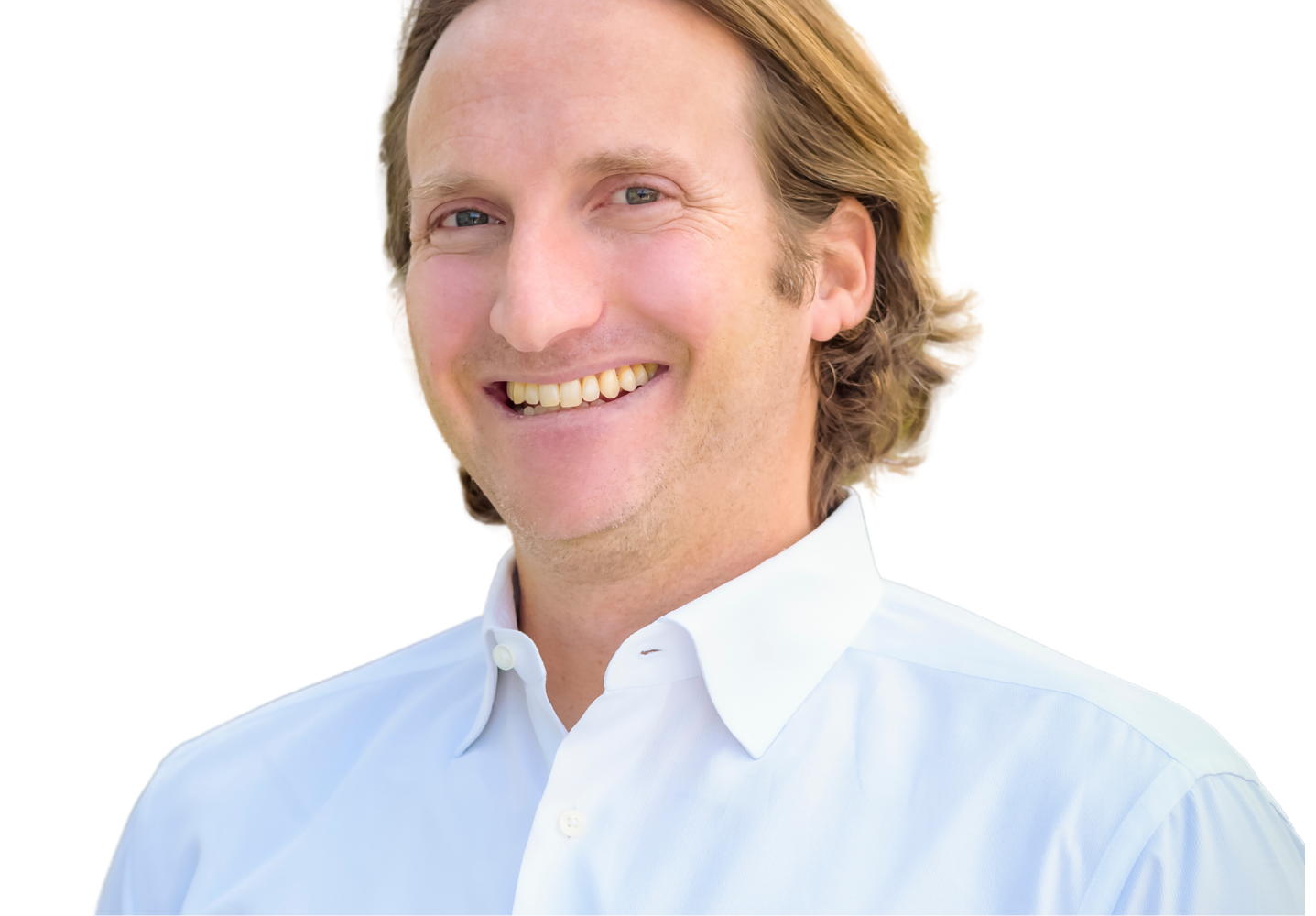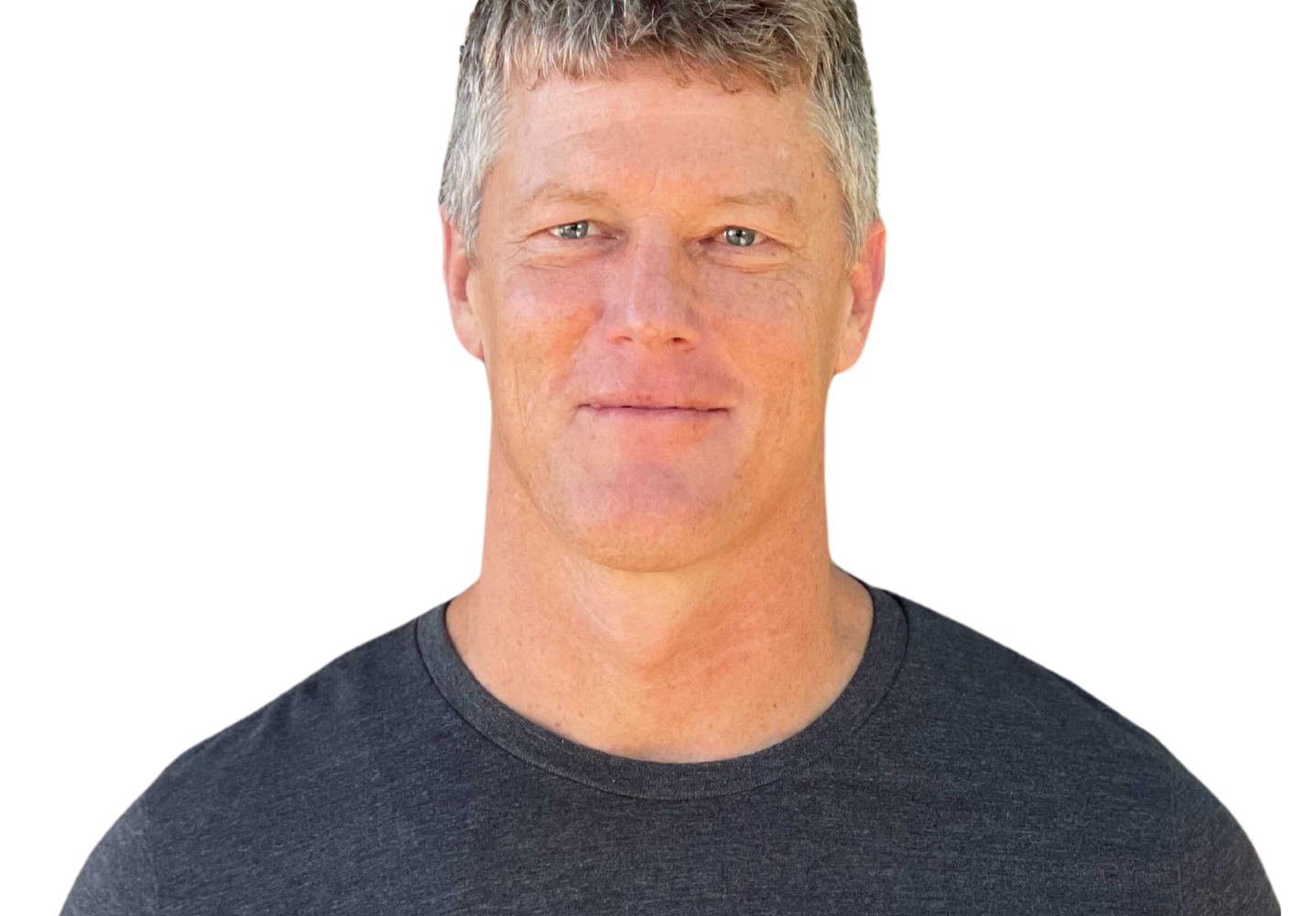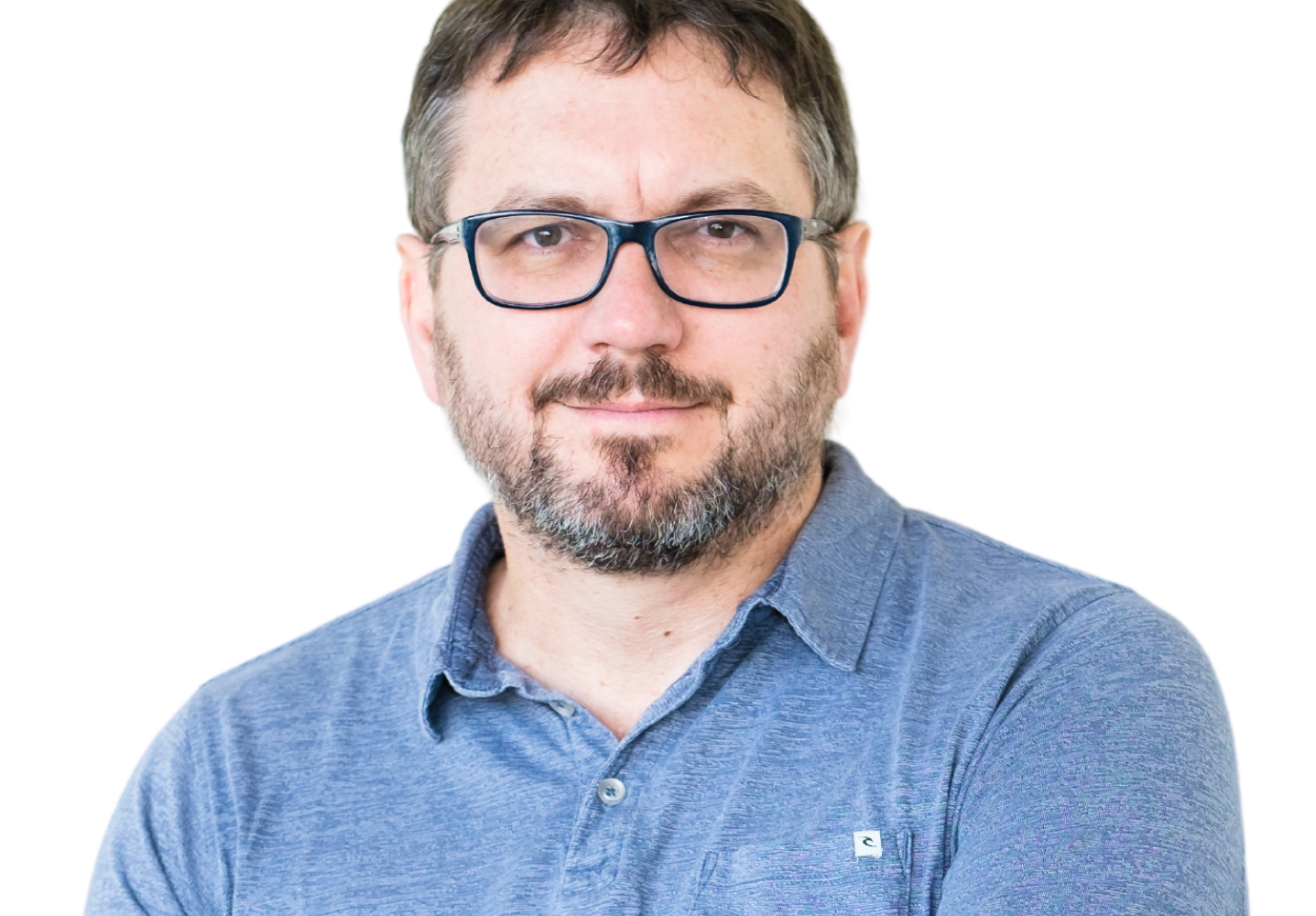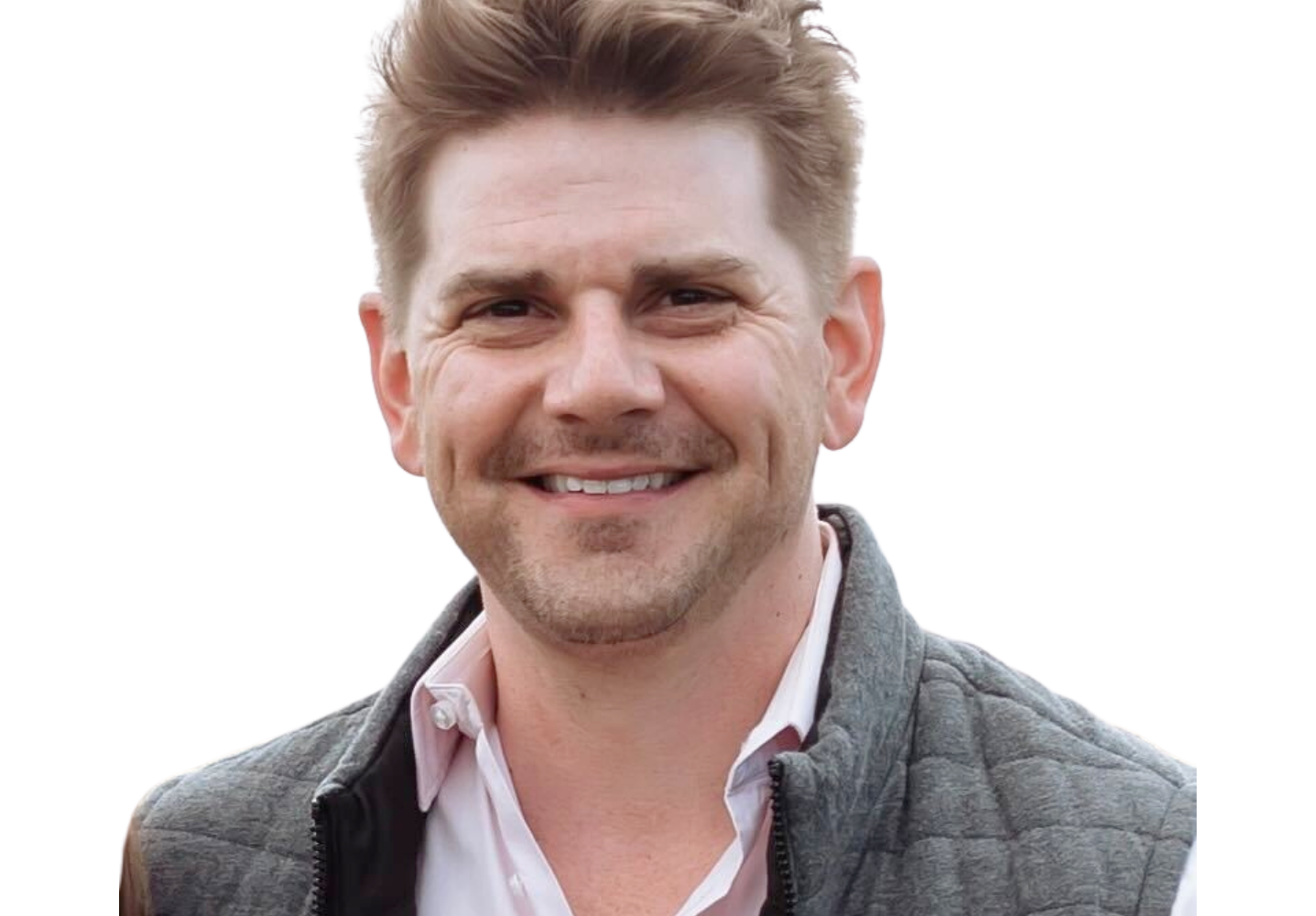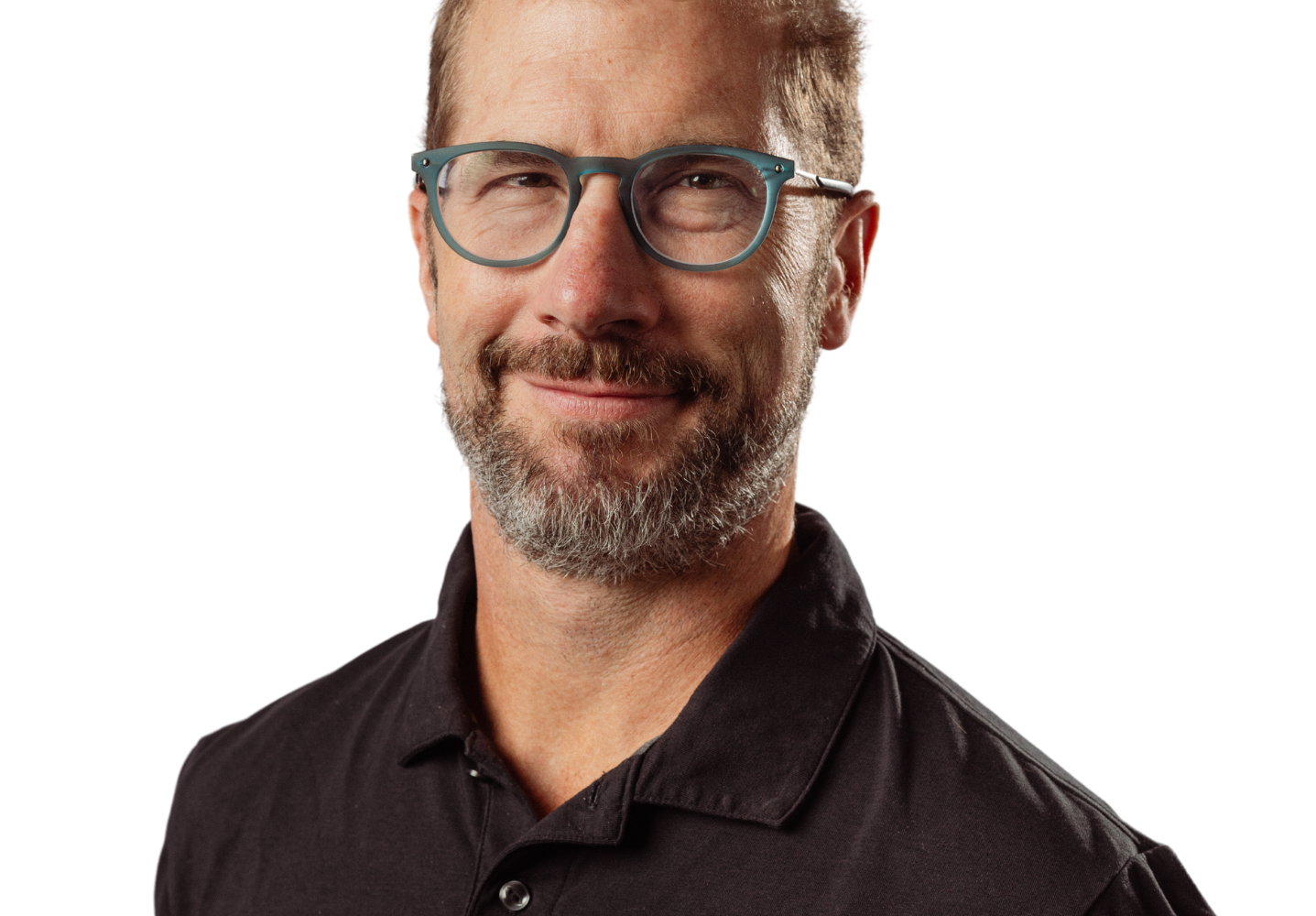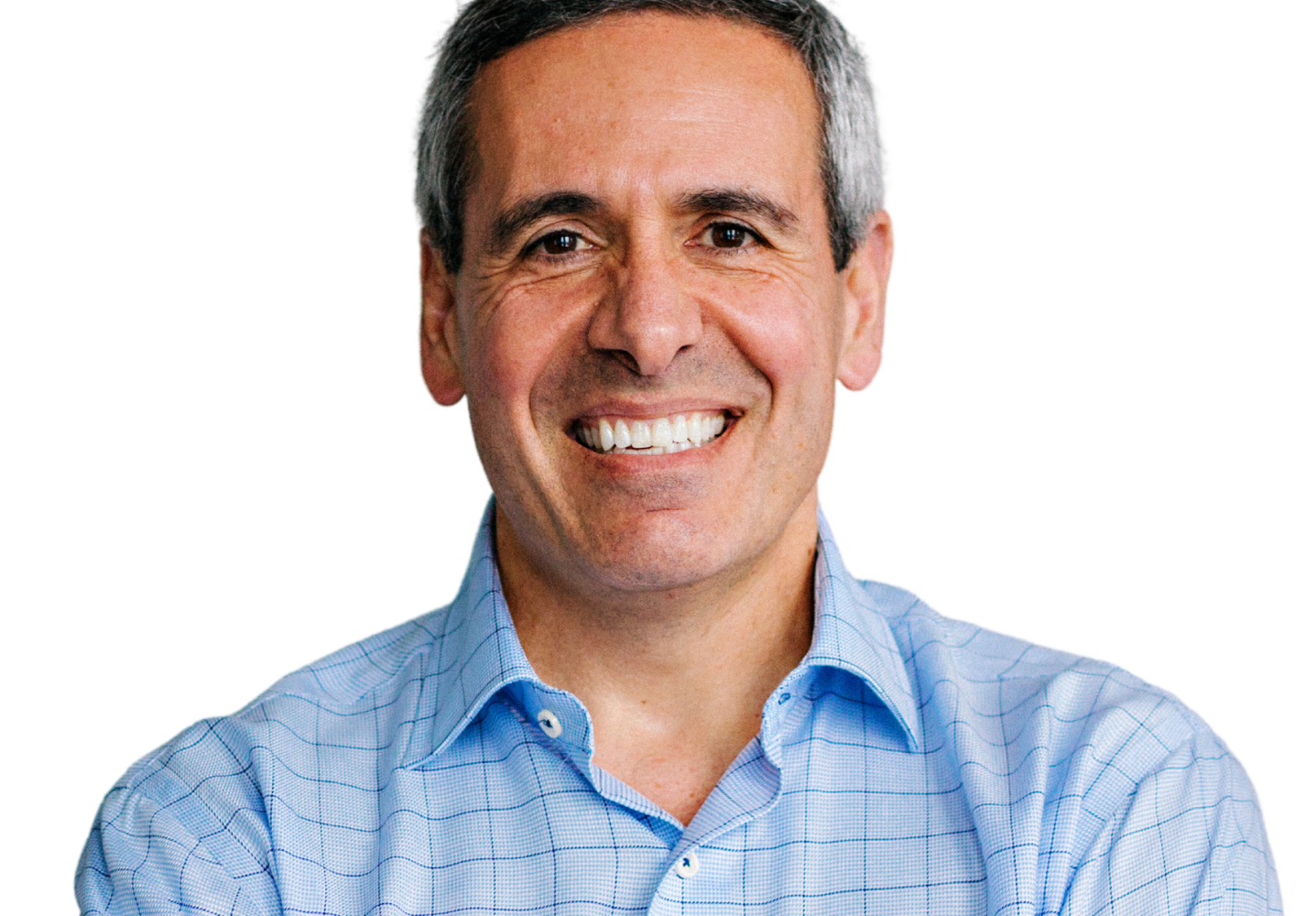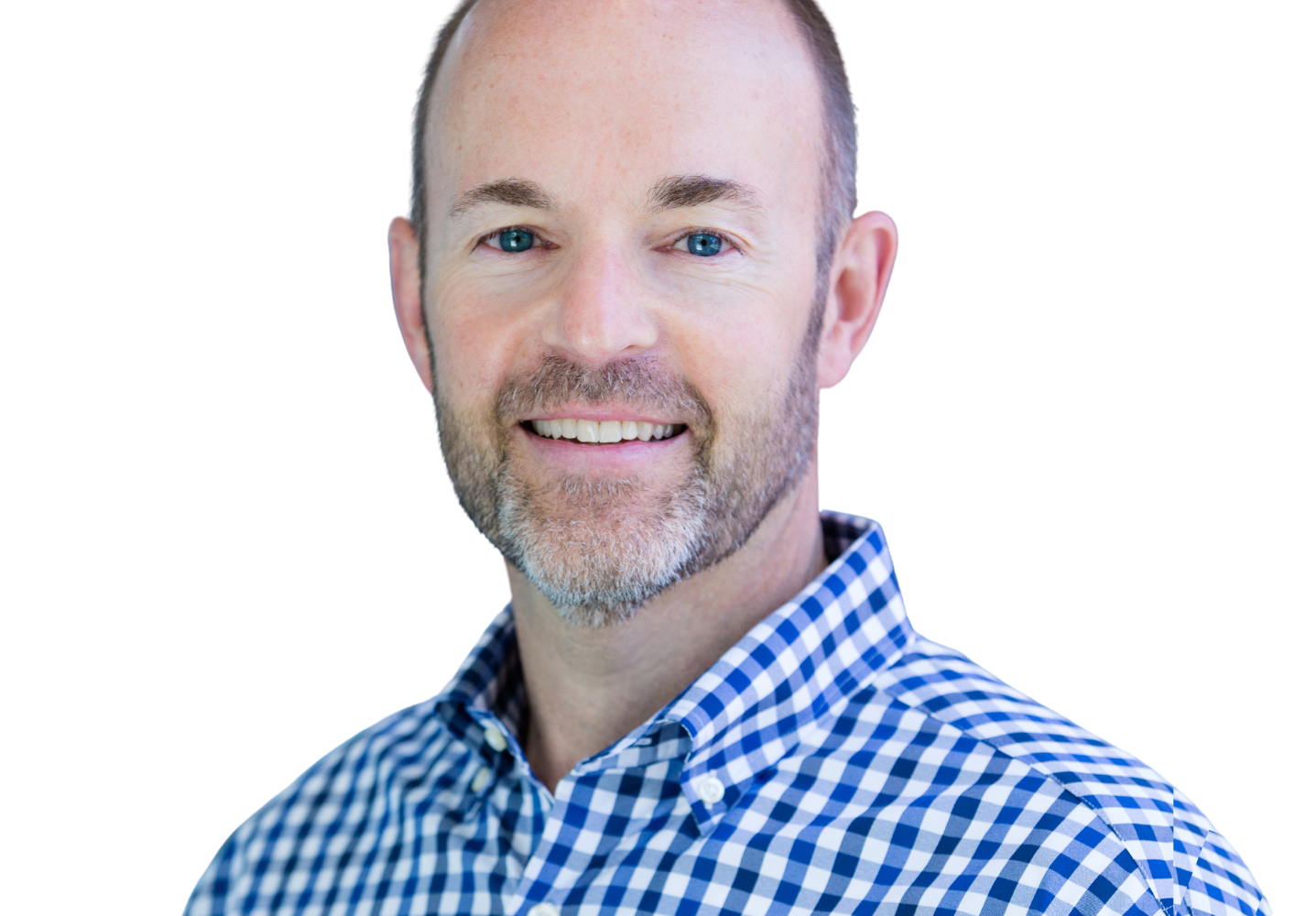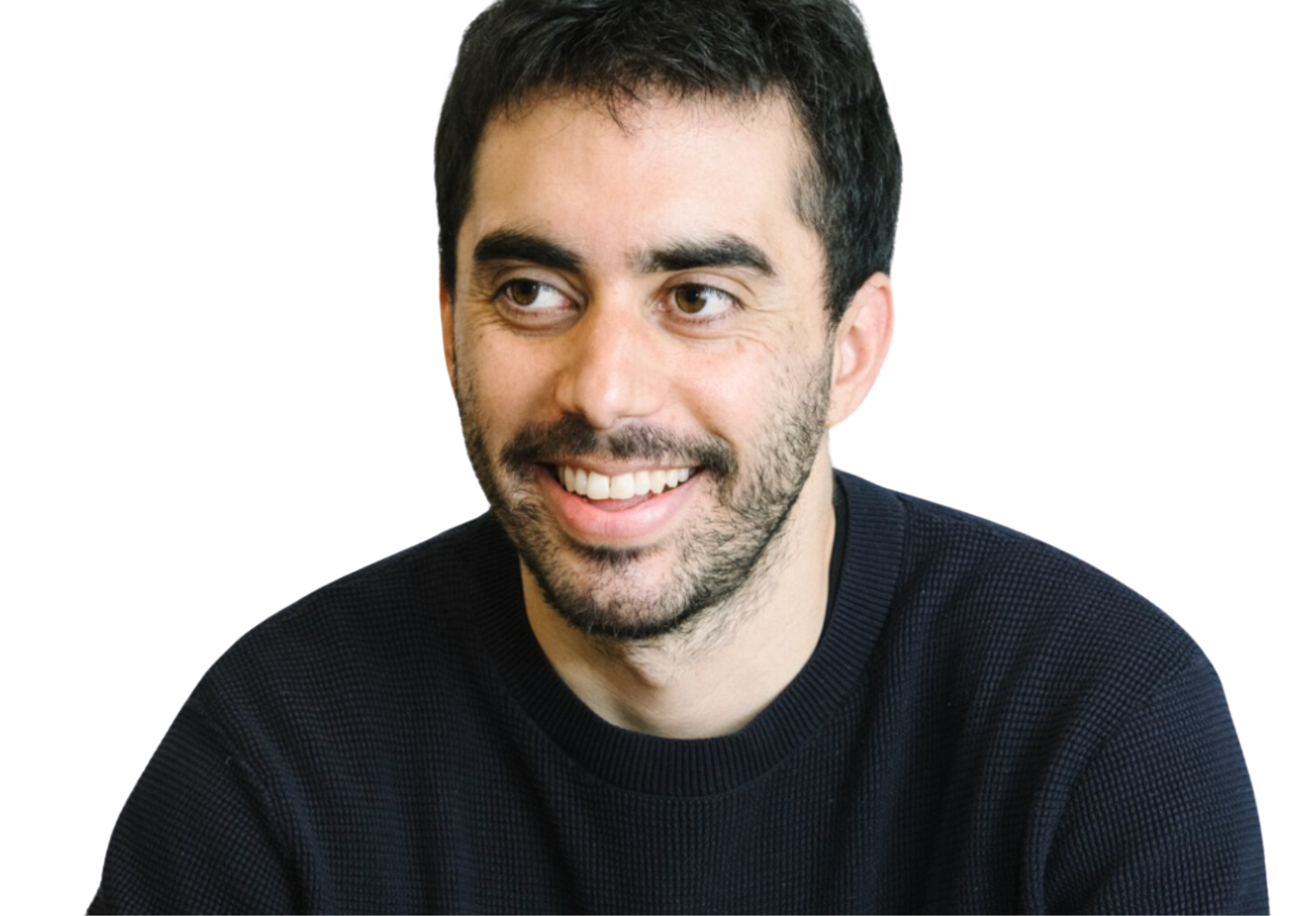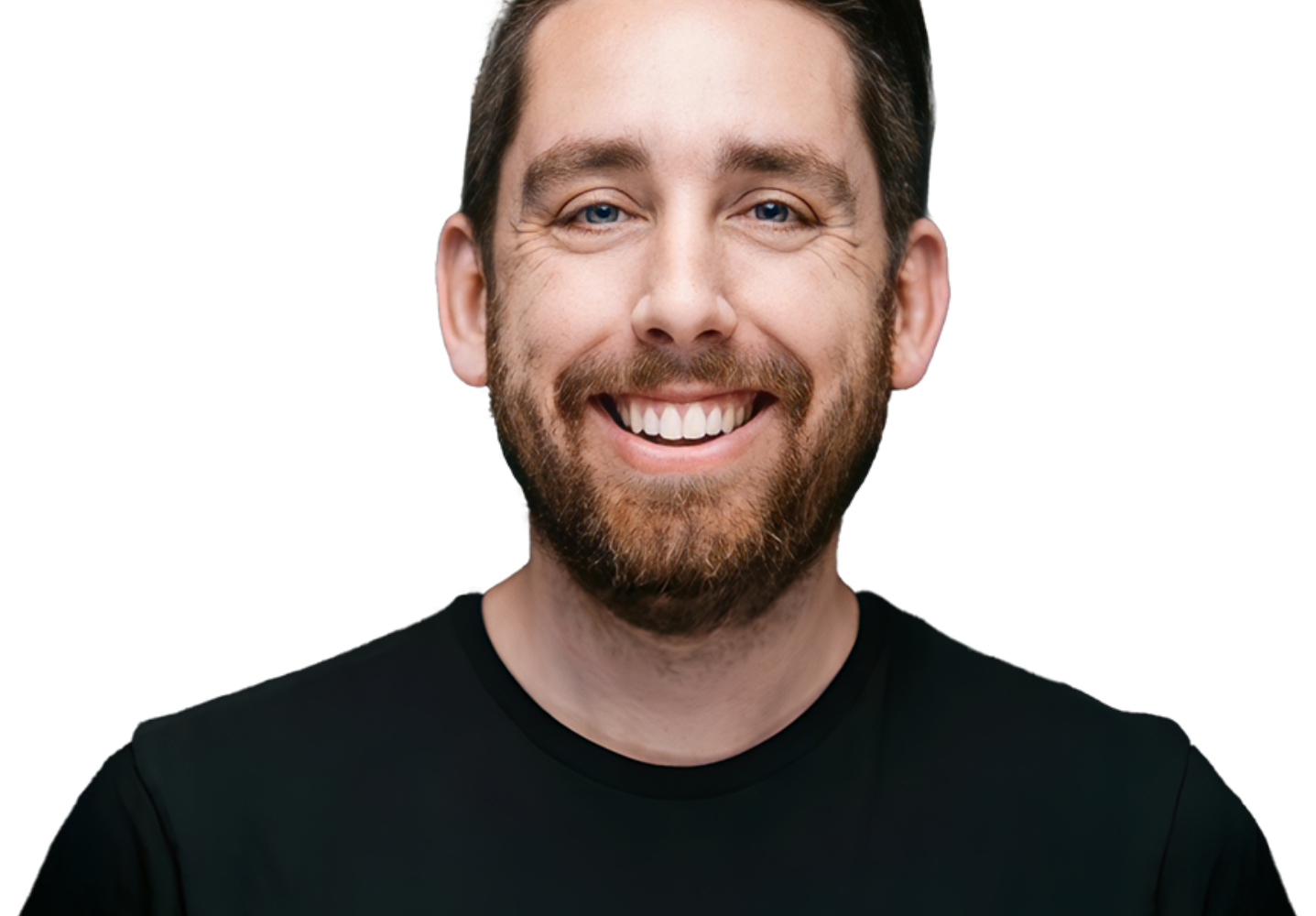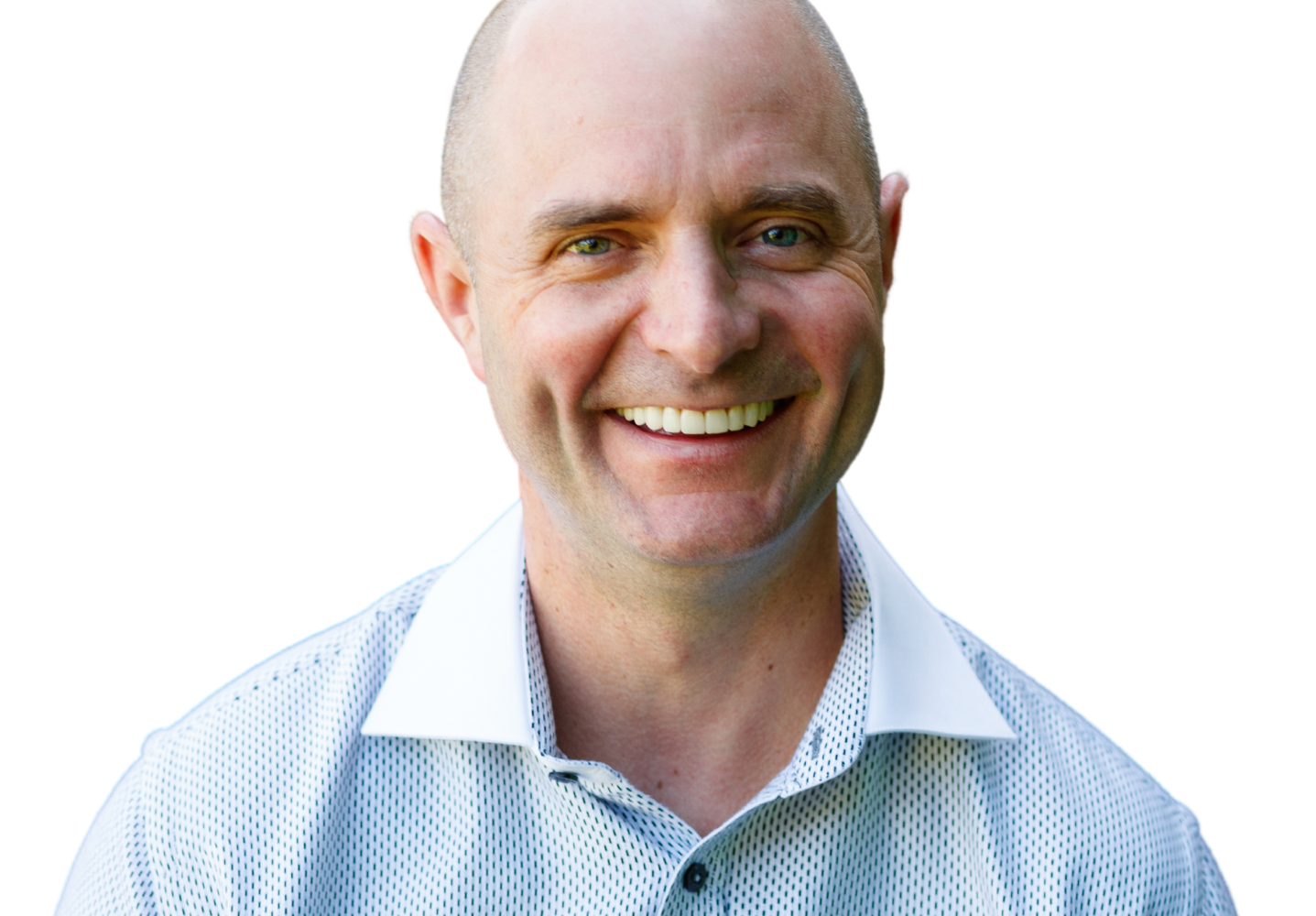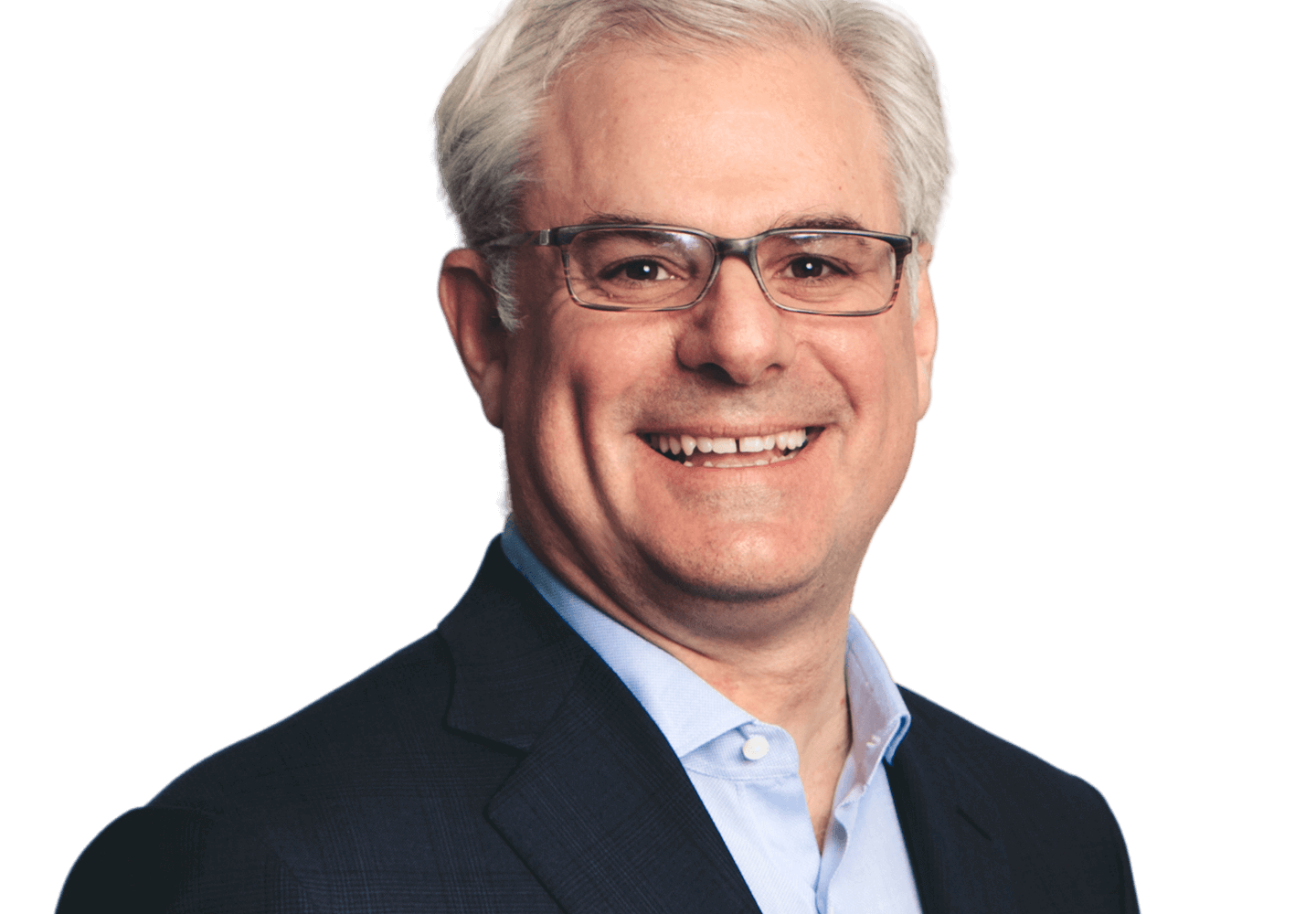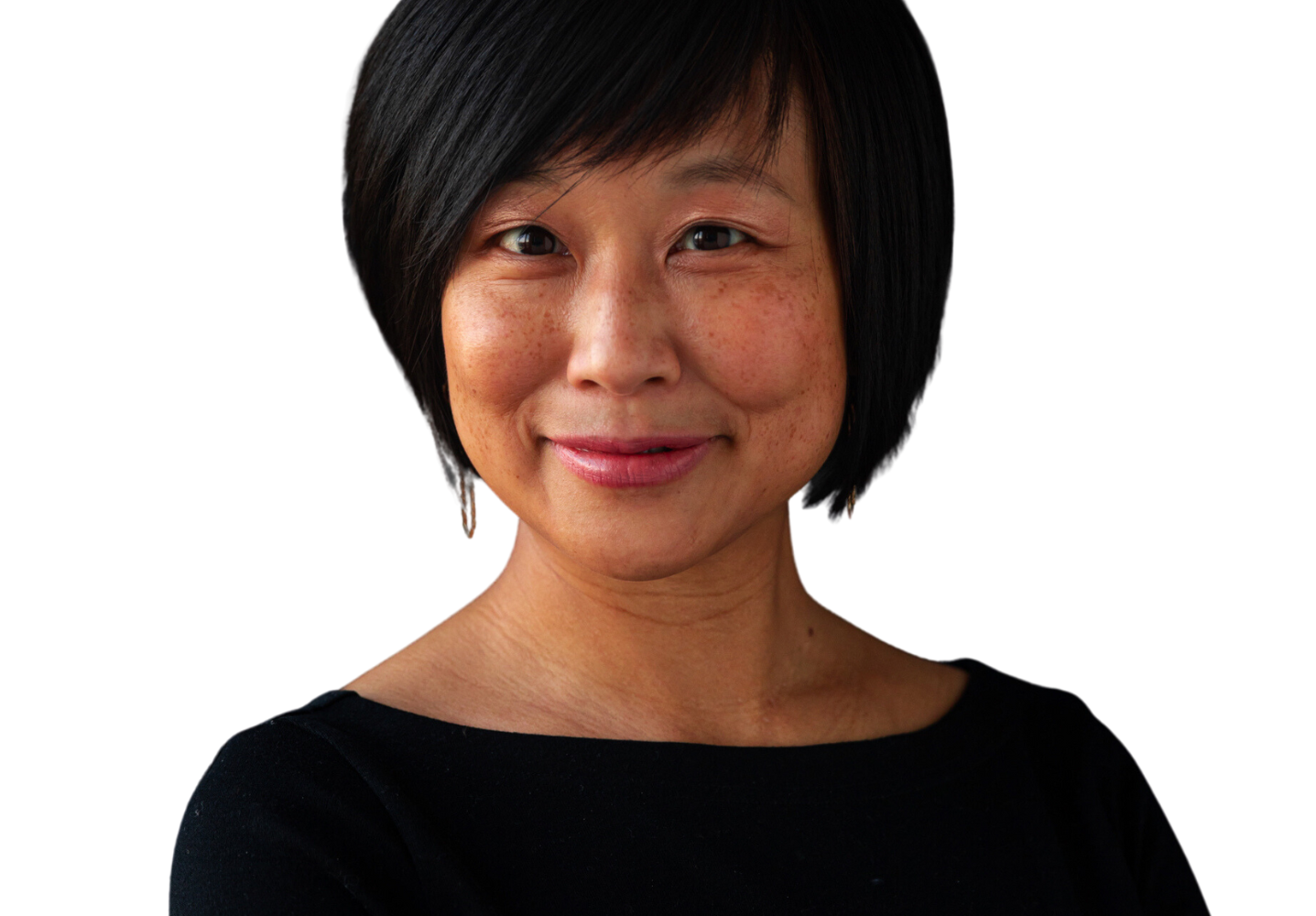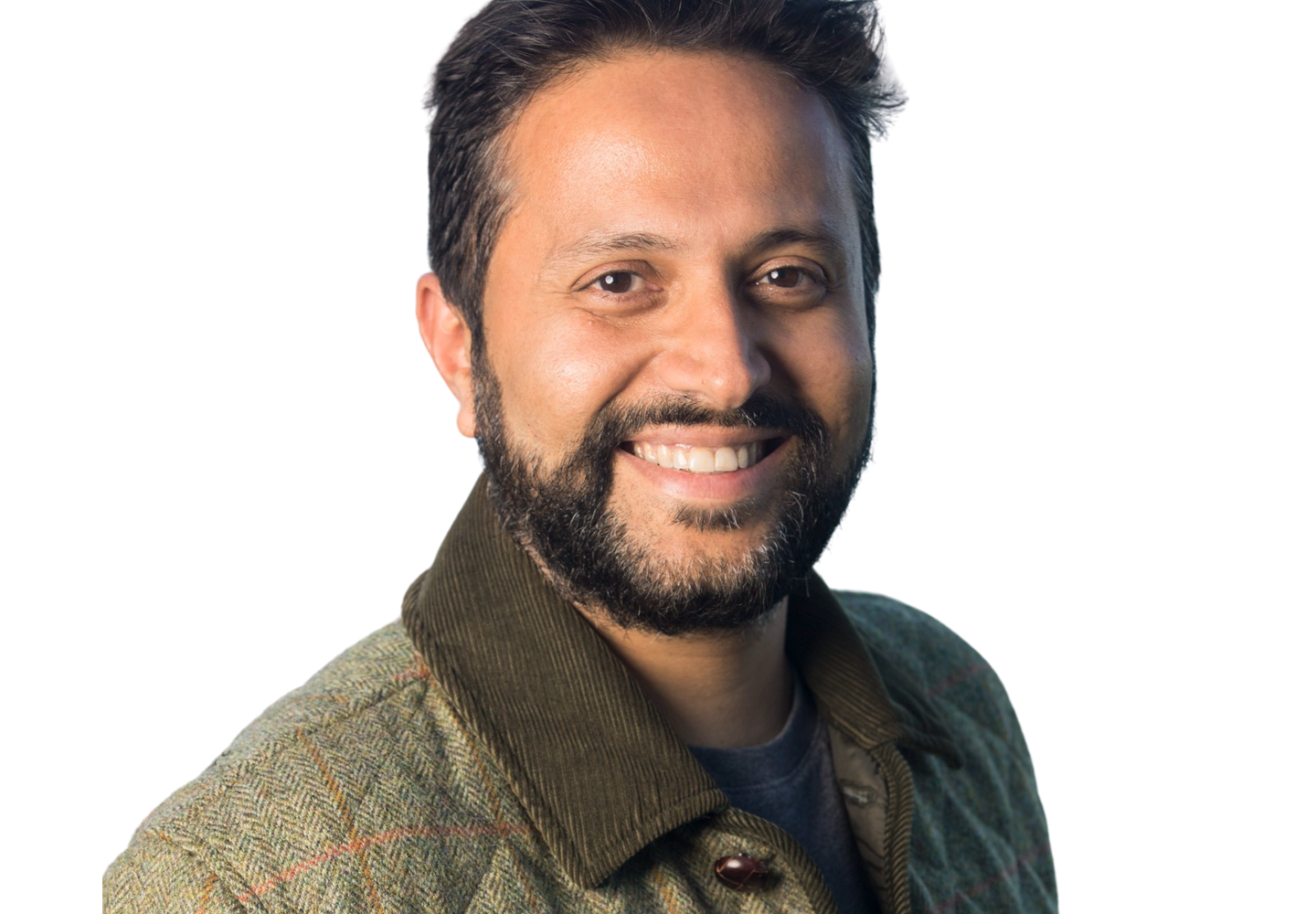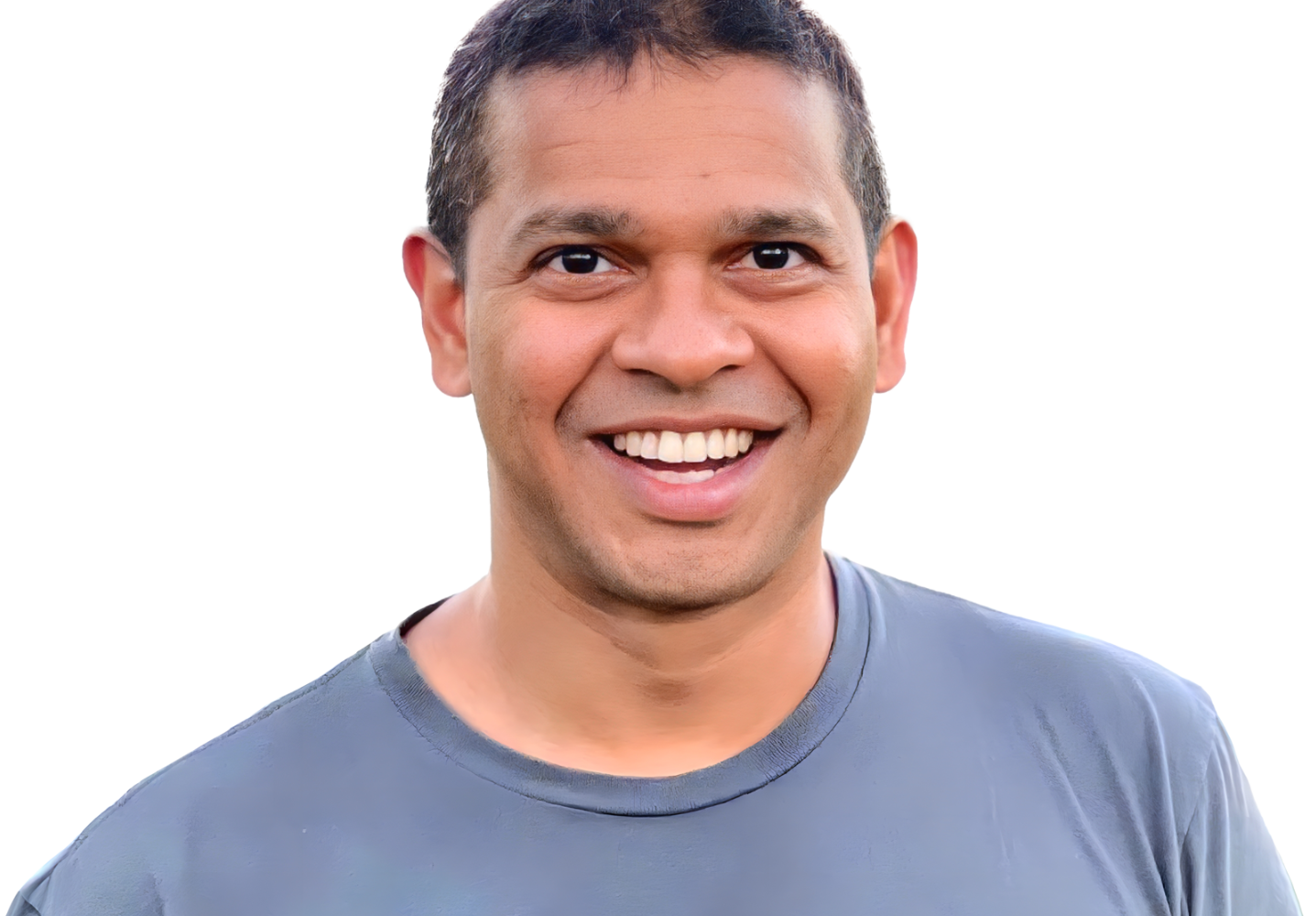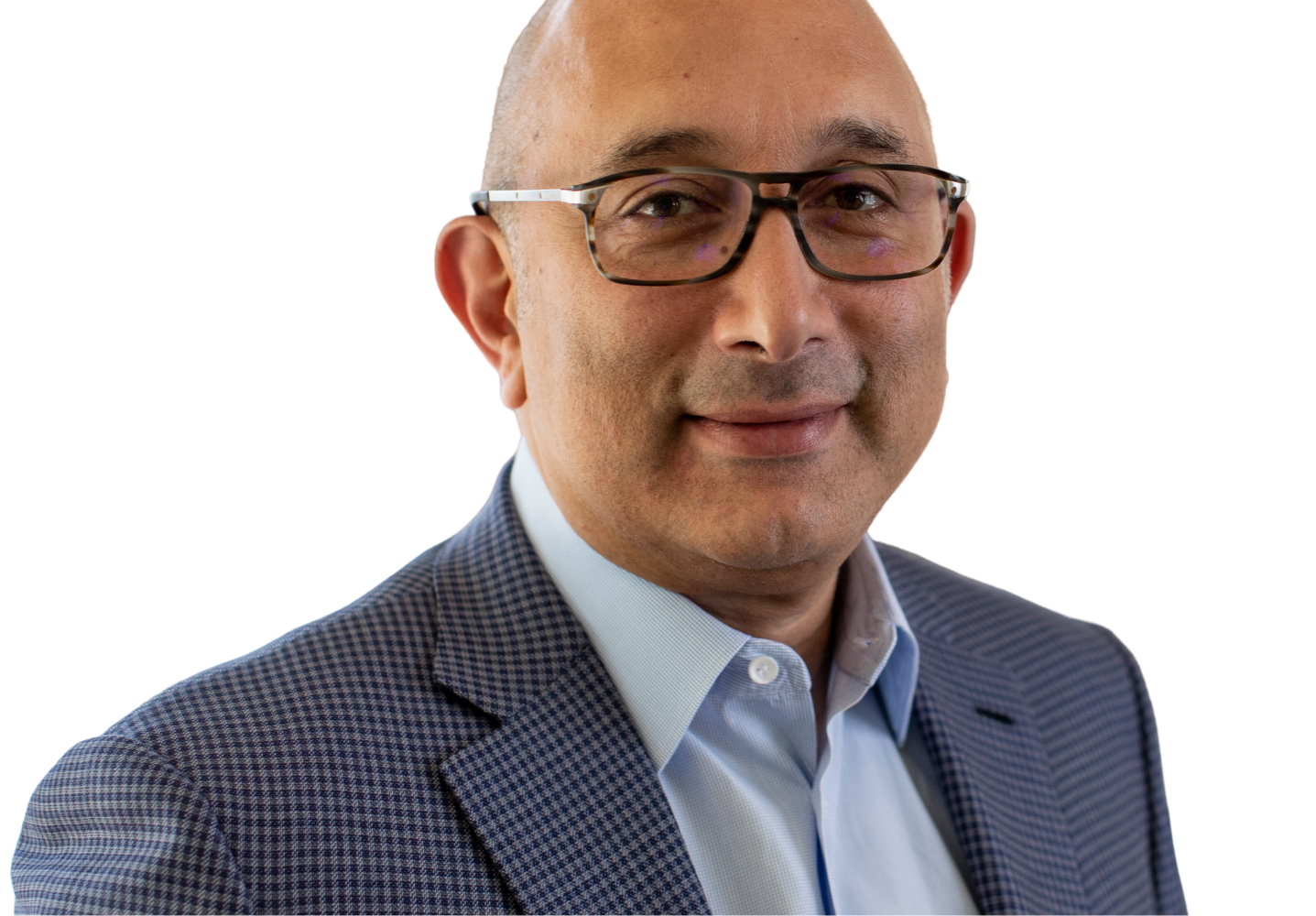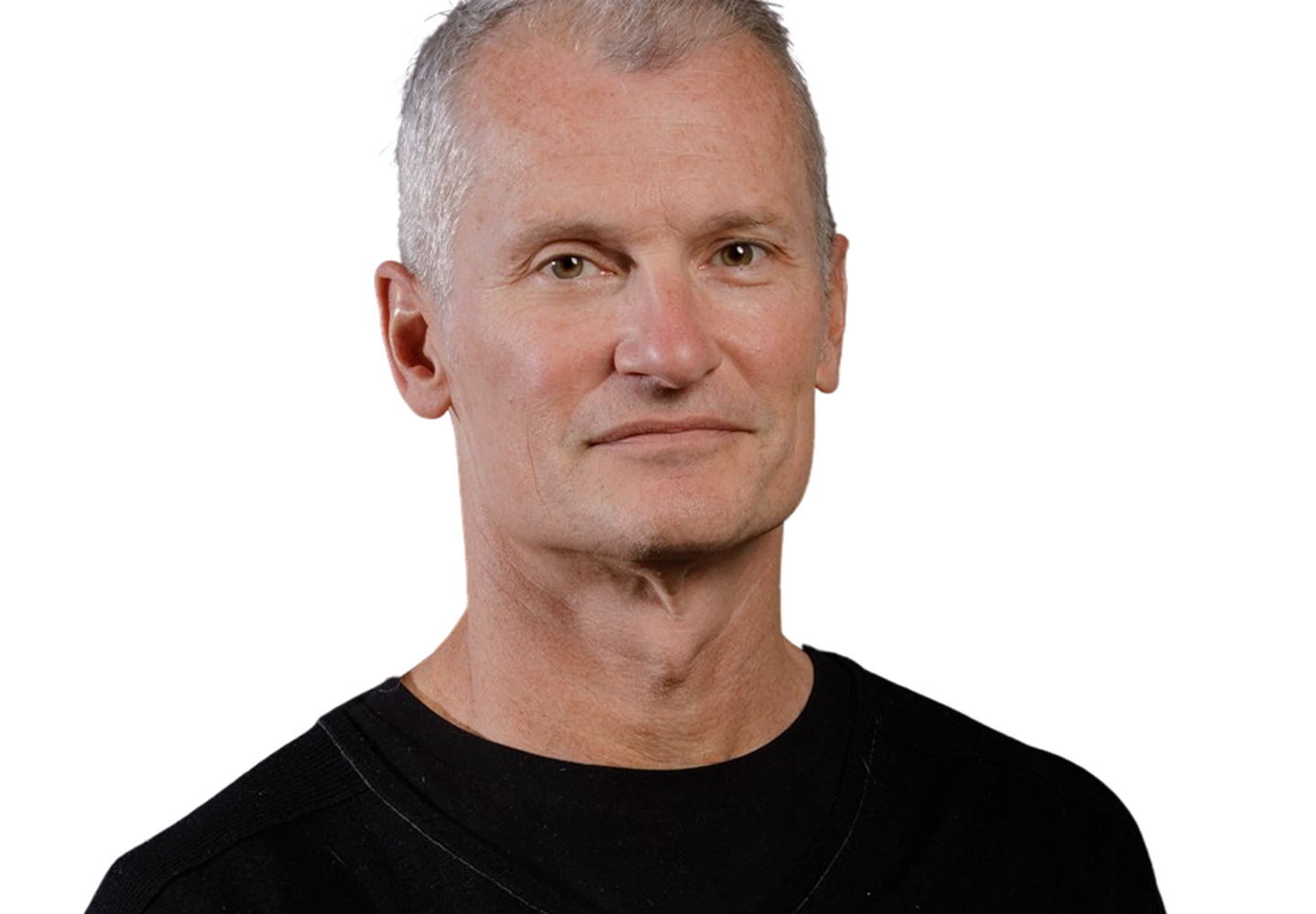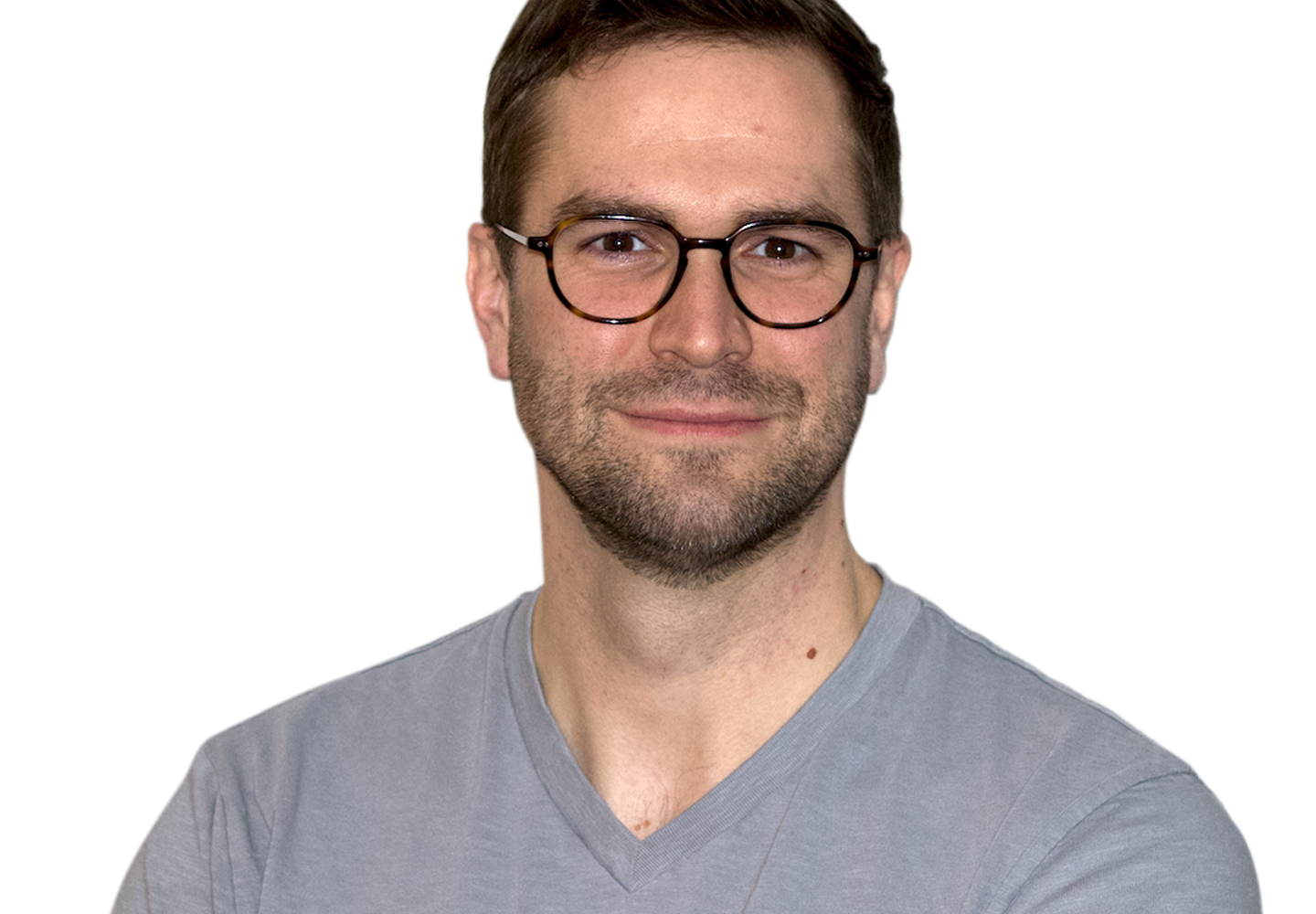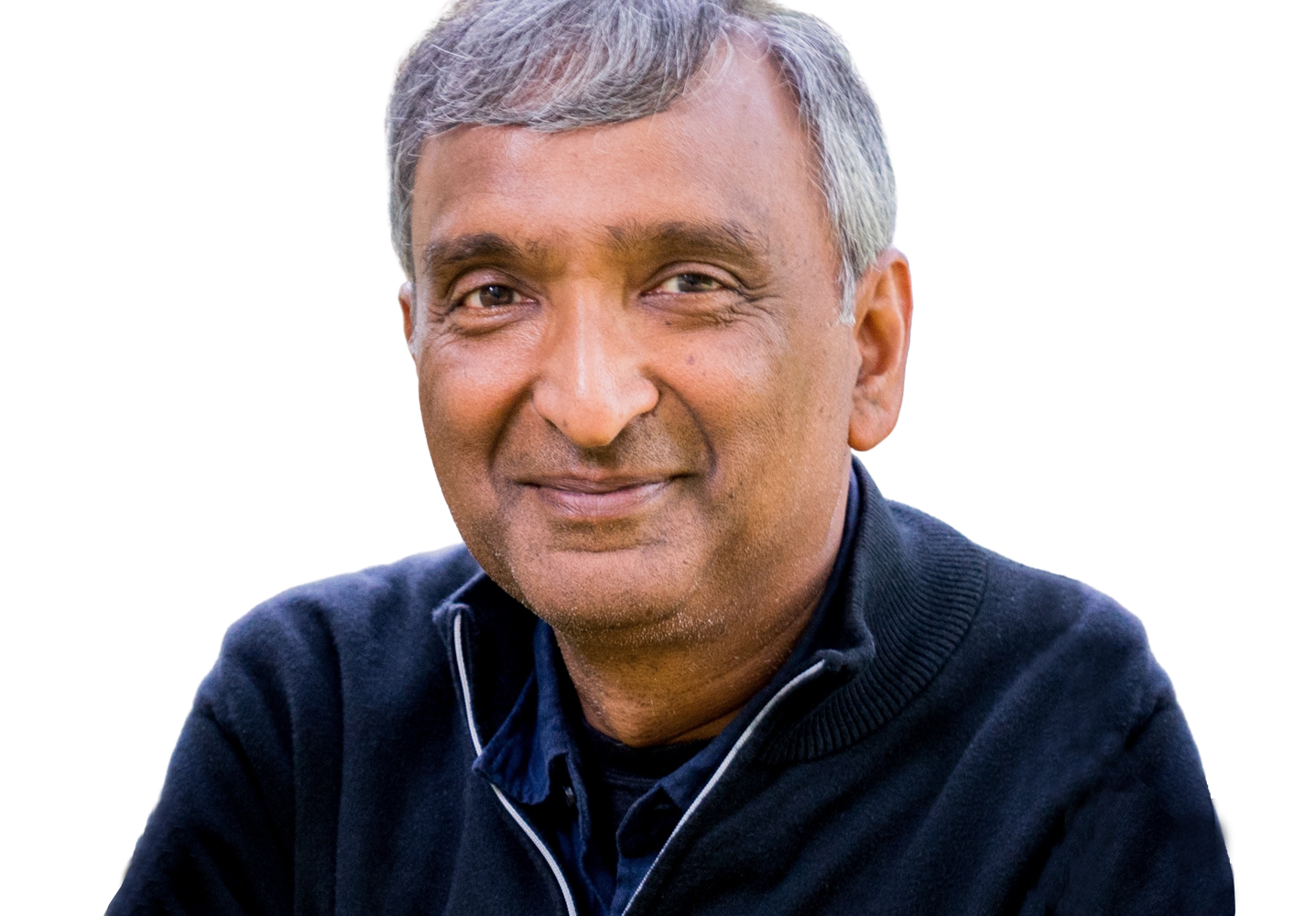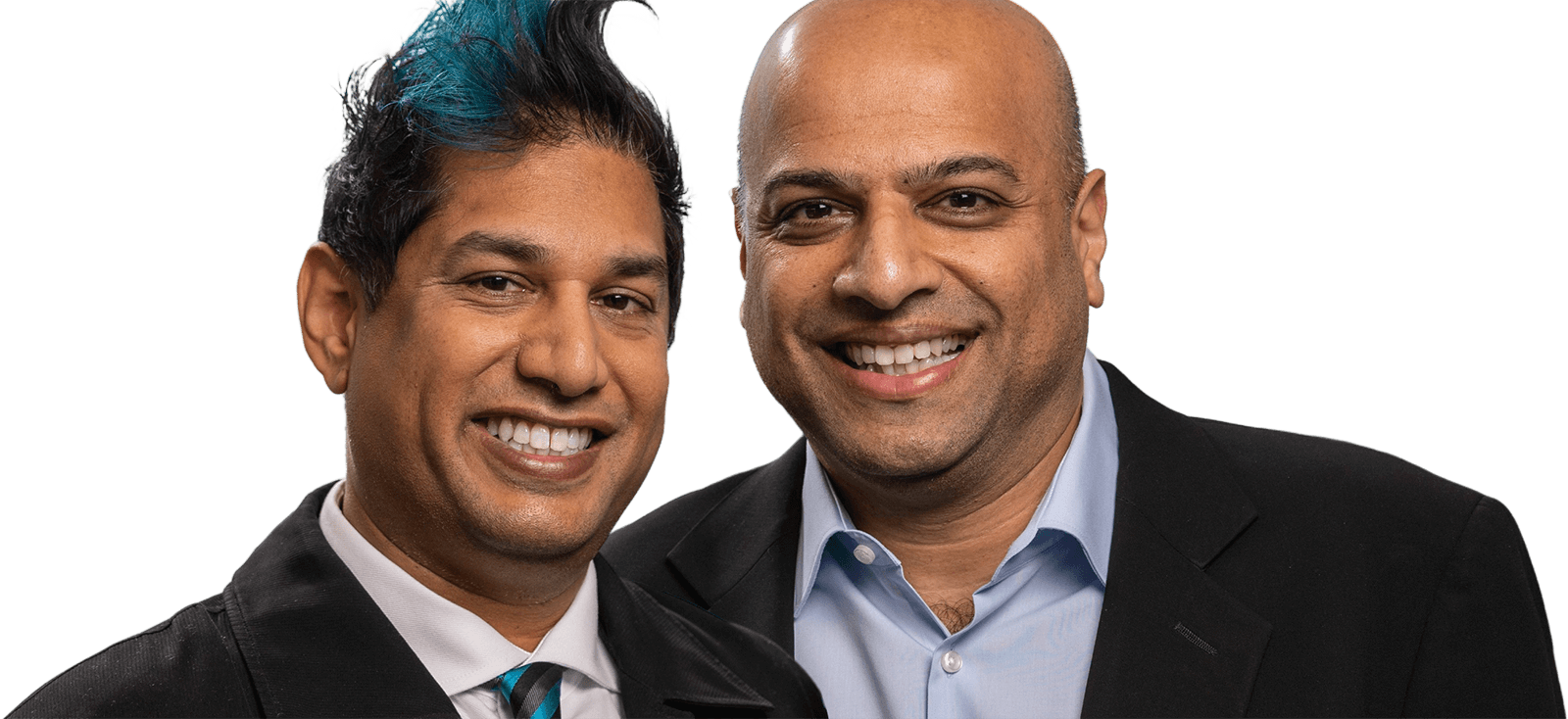What was the pain point that inspired the creation of Pulumi, and why are you the right person to tackle that now?
My background is in developer tools, and for over a decade, what got me out of bed in the morning was figuring out how to make developers as productive as possible — building the best software for their customers. Then, the cloud came along and changed everything about software development. Yet, from my perspective, running the languages teams and developer tool strategy at Microsoft, it hadn’t changed anything for developers. We were finally entering the era of distributed computing. But outside of Microsoft, developers were toiling away with crummy tools compared to what we’d been building for developers inside Microsoft. Developers were still throwing their code over the wall to the IT team, who took it from there. My co-founder, Eric Rudder, and I recognized the need for someone to take a step back and reimagine the whole process from ideation to design and architecture to how we implement the software and operate it at scale with infrastructure teams. Eric and I had decades of experience at Microsoft, and we were dreaming big about what the future could look like when many people thought cloud infrastructure was boring. So, we started Pulumi to bring the cloud closer to developers while also bringing great development tools to infrastructure teams to help them build better software together.
From the early days, what struck me was that it’s a whole firm — you’re getting an entire team to back you, which was clear from the initial meetings. … And the whole-firm approach is not just the managing directors. They have a team of other folks who have helped with everything from hiring to legal to finance.
What is it like to work with Madrona?
From the early days, what struck me was that it’s a whole firm — you’re getting an entire team to back you, which was clear from the initial meetings. We were excited to team up with Soma, who has that developer DNA through and through. But Tim, Matt, Hope, and the whole team have always been big supporters and big believers in what we’re trying to do. You can tell they’re not focused on short-term outcomes. They focus on building an amazing, iconic business. And they’ve always been clear that they’re in for the long haul — they’re not looking for a short-term outcome at the expense of the long-term. And I think that very clearly sets Madrona apart.
And the whole-firm approach is not just the managing directors. They have a team of other folks who have helped with everything from hiring to legal to finance. There is also a great network of venture partners who are happy to be great sounding boards and share their experiences of going through very similar things.
When we were starting to raise, we debated raising money in Seattle versus the Bay area. The thing that struck us about Madrona, in contrast to some of the conversations we were having, was there was a lot more thought around how to build a business — not just build a cool technology and hope that monetization follows. There is a lot more thought amongst the team about building an enterprise business and having a plan for how to scale that to significant revenue numbers. That was appealing to us.
Tell us about a Madrona moment.
Since partnering with Madrona, there have been a lot of moments where the whole team has dug in and helped with specific projects. Not long ago, when we thought we might be losing access to all of our money in SVB, Madrona rallied the troops to figure out what to do. That was a great moment because they supported us, and I saw that they didn’t hesitate to support all of their portfolio companies.
Our original pitch meeting stands out in my mind. It was the first time I got to meet the whole team. We were in that big board room with the beautiful view over Seattle, and I remember everybody being highly engaged in a way that, frankly, I’ve done hundreds of pitch meetings at this point, and this is the one I remember because that level of engagement was unique. I remember Matt McIlwain in the middle of the meeting, walking up to the front and leaning in to look at the slides. I was thinking, “Oh, either I said something really good, or I just shot myself in the foot.” But he was just intrigued by what we were talking about. That was the first taste of the team atmosphere you get by working with Madrona. They asked deeper questions than many of the superficial questions I would get at other pitch meetings. There was less focus on “How many GitHub stars do you have?” And more focus on, “So what’s your plan to build a really large-scale enterprise business?” Of course, they love the open source; they love getting lots of users, but they recognized that needed to be in balance with building a company and building a business. And this was the Seed round — there was no expectation that we had figured everything out. I think they were probing to make sure we were also thinking about that part of building a company.
I see many businesses out there that have a cool open-source project but haven’t thought about the monetization. It was always important to us that we had investors who believed in building a long-term business that could stand the test of time. It wasn’t a let’s build something and quickly flip it back to Microsoft.
What have you learned about yourself during this process?
It’s funny because being in the CEO role, you have to be a people person. I’ve been managing teams for many decades, but I’ve realized the people side of things is my favorite part of the job. Building a company is about building an amazing culture and team. Yes, of course, you’re building a product that will change the world as well, but if you don’t have a great team, you can’t do any of those things. Realizing that’s what I enjoyed the most about work was an interesting observation — I think it just happened over the years as I went from being a developer to being CEO of a company.
Even at Microsoft, my team was hundreds of people before I left, and I insisted on having one-on-ones with everybody in my organization at least once a year. I always want to know who people are, build rapport with them, and hear their feedback about what can be going better. Everybody thought it was crazy. I guess I did that because I enjoyed maintaining connections with people. Pulumi is still smaller than my team when I was at Microsoft, but I still try to maintain that level of connection. We’ll see how long that scales, but I really do enjoy it.
What is the most important lesson you’ve learned during your startup journey?
Sometimes, as a founder, you don’t realize you’re getting a little ahead of yourself. For example, hiring people to do a job that you don’t yet fully understand. I always find that if I’ve at least tried to do a job, then I can appreciate the problems we’re trying to solve and the difficulties there, which means I can hire the right people or direct the product better. Another is starting to scale an initiative or a team before you understand the need or your desired outcomes. For example, I was Pulumi’s first salesperson, along with my co-founder, Eric. That helped to ensure we understood what the selling motion looked like. When we thought the product was in a good place, the market was there, and customers loved us, we wanted to scale up sales. But we skipped a step along the way. As the founders and the founding sales team, we understood how to sell Pulumi, but we never wrote down the playbooks. You can’t hire dozens of people and assume they will just get it through osmosis. Another was building our developer relations team before we understood the community needs and content. Looking back, our biggest mistakes have been skipping that step and assuming it is just a matter of process or automating.

